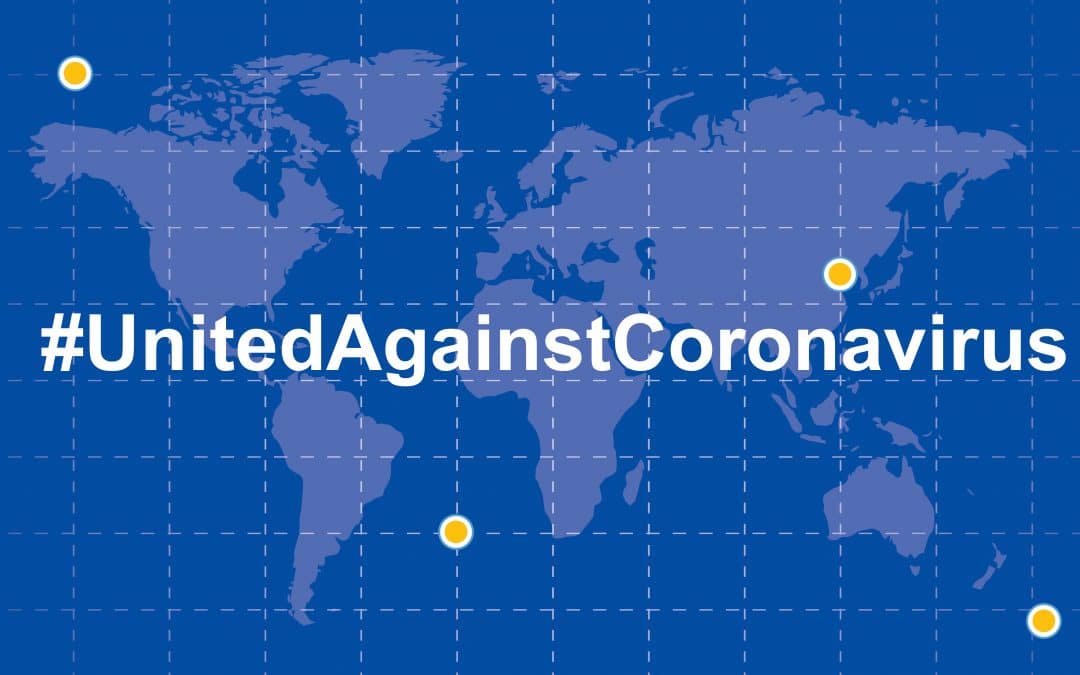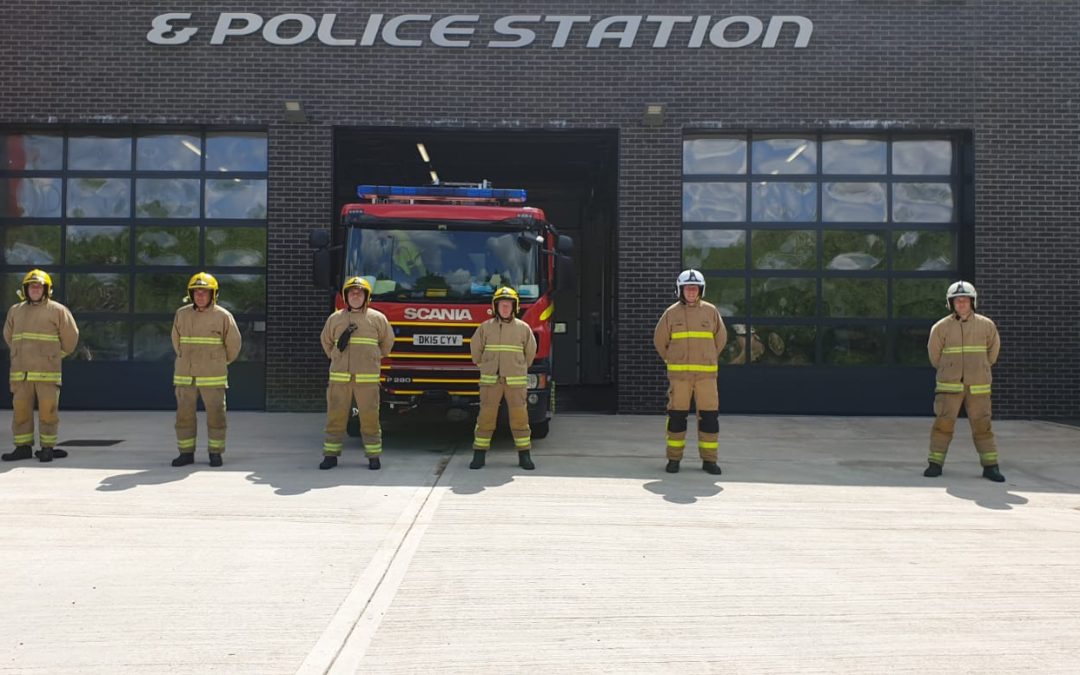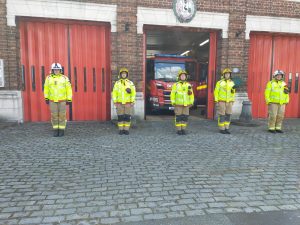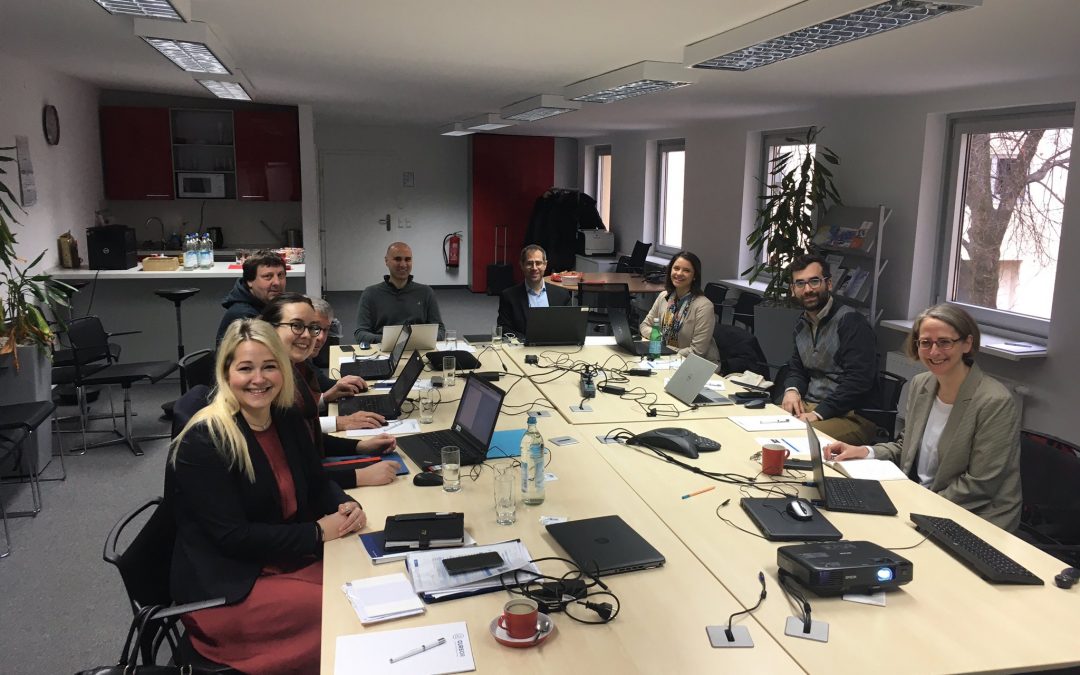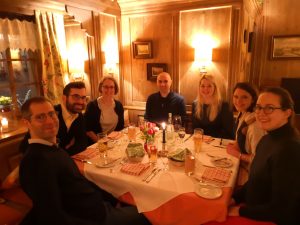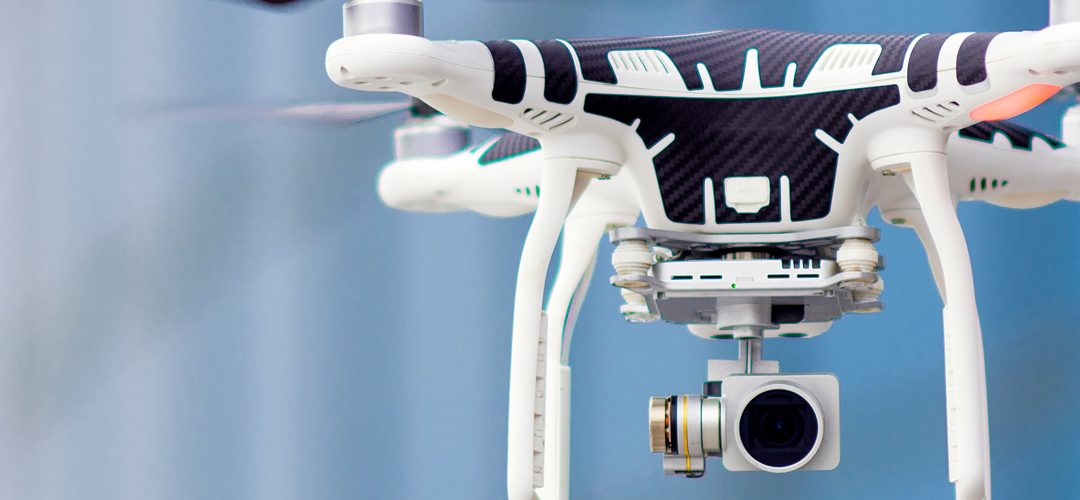
CURSOR partner wins best paper award
CURSOR partner HRT (Hellenic Rescue Team) Attica won an ISCRAM award in the category Best Practitioner/Insight Paper. The Athens based institution HRT Attica was awarded for the paper “Emergency Response in Recent Urban/Suburban Disaster Events in Attica: Technology Gaps, Limitations and Lessons Learned” by Spyros Chrysanthopoulos, Theofanis Kapetanakis, Giannis Chaidemenos, Stelios Vernardos, Harris Georgiou and Claudio Rossi. The authors outline necessary First Responder operations in the case of a flash flood and a wildfire.
HRT Attica is an independent, non-profit organisation run by volunteers who offer their time, expertise and knowledge to help fellow citizens in case of an emergency.
ISCRAM stands for Information Systems for Crisis Response and Management, and has been first used in 2004. The ISCRAM Association’s primary mission is to foster a community dedicated to promoting research and development, exchange of knowledge and deployment of information systems for crisis management, including the social, technical and practical aspects of all information and communication systems used or to be used in all phases of management of emergencies, disasters and crises.

